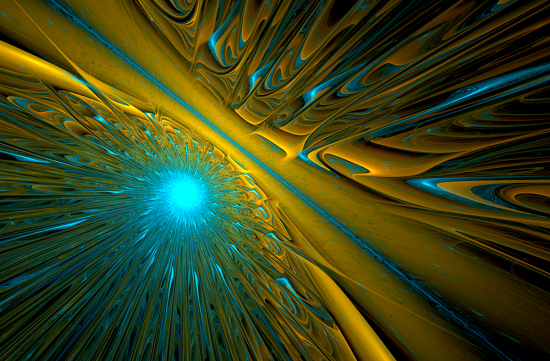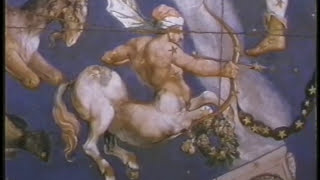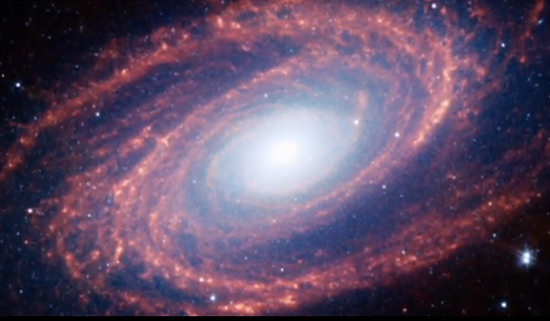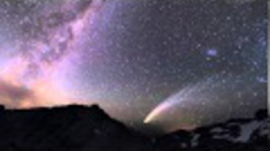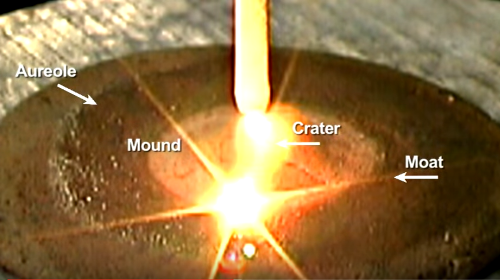Feb 9, 2016
Modern astronomy is like a blind man, panicked, without his cane, running. There are collisions.
It’s not because astronomy has lost its sight; it’s because it has gained a second sight, another sense beyond the five that evolved. It has gained a sixth extrasensory perception conferred by its own invented machines, a machine sense, an instrumental perception. New telescopes can “see” ultraviolet, x-ray, infrared, and radio “light”; space probes can “touch” and “taste” other planets; they can “smell” interplanetary space; and they can “listen” to interstellar and intergalactic space.
Perception of the cosmos with these machines is entirely different from visual and earth-based perception. The perceived cosmos is entirely different: interstellar space is not silent; interplanetary space is not empty; planets do not have the textures or flavors that had been predicted; the new light reveals shapes and behaviors that were thought to be impossible.
And the new perception disrupts the old: the old no longer makes sense. The consequence is indistinguishable from blindness. Mystery objects appear where astronomers never imagined anything. The old concepts crash into them and break and bleed. The new percepts don’t conform to the old concepts. Astronomers make up fantasy objects, silly things, to save their theories: black holes that pull everything in while simultaneously blowing everything away, dark matter that can’t be detected, dark energy that always exactly makes up for what gravity can’t explain: blank checks for which swindlers would go to jail. None of it can be tested in a lab: the imaginary universe is mostly unobservable, like the universe of the leprechauns.
Astronomers model the fantasies with video games and pretend that the games are more real than the data they crash into. But the surprises continue, the crashing into data continues, the invention of silliness continues. They need new sight and new insight, new theories and concepts: They need serious things, testable things, in place of silly things.
But the silliness has institutional inertia: the crashing of silliness can crush seriousness. Astronomers are running, blind and panicky, through a crashing and crushing landscape. One foot treads on defeat, the other on despair, and the stars they see are from crashing into the mysterious things. This will not go away with a vote among the good ole boys. It’s likely that no one will survive.
Someday, a new astronomy may be constructed on the blood and broken bones. It will be an extraterrestrial and transhuman astronomy that is organized around Birkeland currents and double layers and plasma instabilities. Its laboratories will contain terrellas and discharge tubes instead of Cavendish balls. It will not recognize Newton or Einstein or their followers as having done real science.
Scientists hate to acknowledge the emotional content of their learning: The passive voice protects them from their feelings. They fail to understand that their minds are webbed with metaphors, and they take their light as literal. So even their light is darkness. Isaac, how sad, after your victories over all the obstacles that confronted you, now to be impaled on the otherness of an alien cosmos, to be gored by its strangeness, to die without being able even to limn its outline. Your believers are cast into utter darkness.
Mel Acheson





